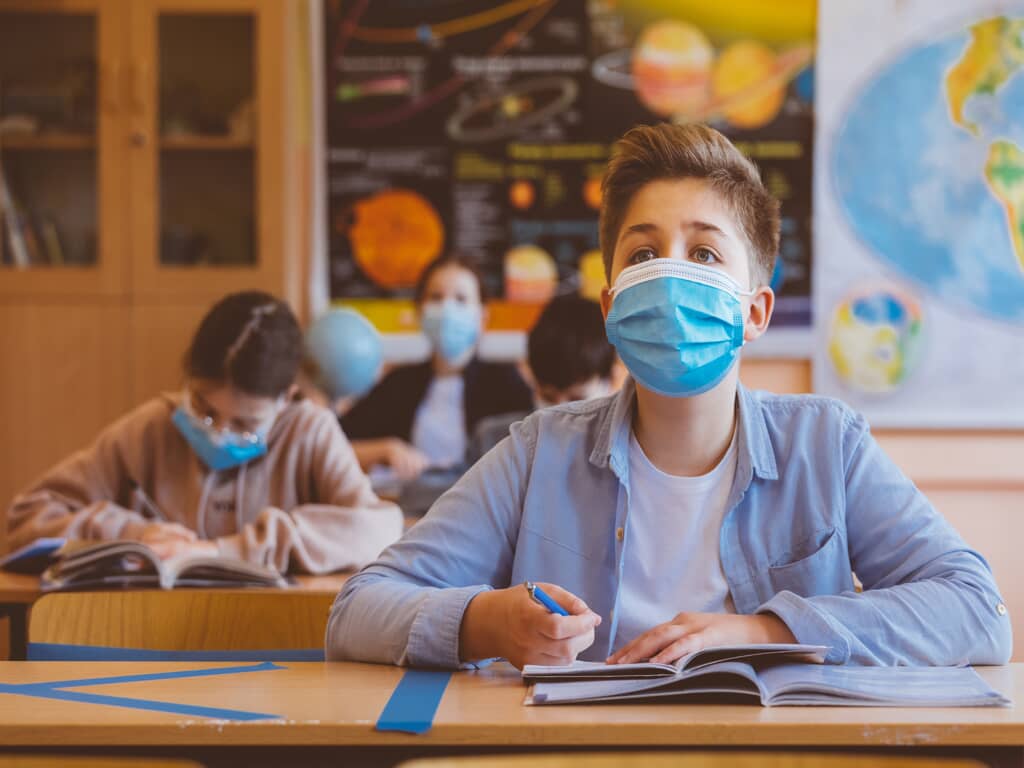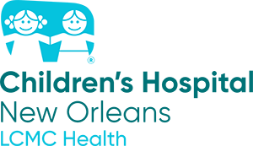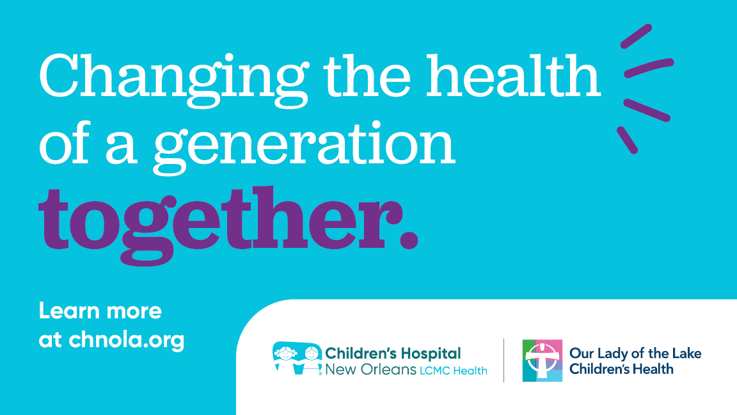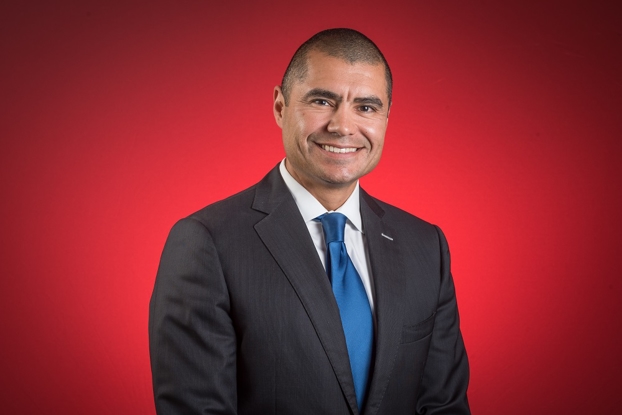Mental health challenges high-school students face post-covid
- Category: Mental Health
- Posted on:
- Written By: Amy Henke, Psy.D & Megan Campbell, DO

According to a new report from the Centers for Disease Control and Prevention (CDC), more than 37 percent of high school students reported they experienced poor mental health during the pandemic, and 44 percent said they persistently felt sad or hopeless the past year. Some of the challenges they faced included emotional and physical abuse from parents. More than 29 percent of these teenagers reported a parent in their home losing a job, adding to their traumatic and mental health stressors.
Our mental health professionals talk about these mental health challenges, what the future looks like for these teens, and how we can help them get through this by providing the essential support they need.
Mental health: A constant struggle among teens after pandemic
For many of us, these last two years have been an unprecedented time filled with numerous challenges brought on by the COVID-19 pandemic. COVID-19 has disrupted our normal way of life and getting back to a sense of normalcy as we once knew it, has been especially difficult for teenagers and their parents.
The recent CDC findings on mental health and teens are concerning, alarming, and worrisome – but not surprising. During the initial COVID-19 lockdowns, many mental health professionals were concerned about the impact of parental stress, social isolation, and loss of routine for kids – specifically, milestone events like graduations, proms, extracurricular activities, and birthdays, which are integral in childhood and adolescent development. The loss of these events can impact mood and general quality of life.
Furthermore, it is hard for mental health experts to know exactly what the percentages would look like without a pandemic because mental health factors are multifactorial and complex. Prior to the COVID-19 pandemic, CDC data from 2019 suggested that 1 in 6 children and adolescents suffer from a diagnosable mental health condition at any given time, the most common of which are depression and anxiety. If the numbers are increasing drastically, we can surmise that without any other major social catastrophes (arguably there are a few of those going on in the past two years), that the numbers would be quite similar. However, with a global pandemic, societal issues at the forefront of young people's minds, and economic difficulties, we expected these mental health numbers to increase significantly.
Psychological burden of extended quarantines on mental health in teens
There are a lot of factors that go into mental health, but the past few years have compounded the woes of adolescents. For many young people, being home constantly has not allowed for the typical, aged-appropriate social and emotional growth that young people need. Many kids have been isolated and frustrated. On top of that, many of our youth experience difficulties at home with family dynamics, child-caregiver conflict, abuse, neglect, and substance use in the home. The pandemic has led to so many difficulties. When parents lose jobs, become ill, or have financial struggles, it increases stress, which increases conflict, which increases instances of abuse, physical violence, and arguments.
When kids are isolated at home, they don't have the advantage of the myriad of support opportunities outside of the home from their teachers, friends, coaches, administrators, and counselors who serve as role models, model healthy social interactions, and importantly, notice and report when kids aren't doing well or need social services. Creative outlets where kids have fun and learn skills and express themselves (teams, sports, clubs, activities, social events) have decreased or been eliminated with a pandemic.
These are the unfortunate side effects of extended quarantines and other measures taken to protect public health and safety during the pandemic. When people are disconnected from their social supports and routines, they are more likely to experience a decreased sense of well-being. While the pandemic has affected everyone, children and adolescents are especially vulnerable to these impacts because they are experiencing critical developmental growth periods for identity development and social skills.
Mental health professionals are well aware of the consequences of social isolation. It is now imperative that children and adolescents be provided support to safely return to typical activities such as school, hobbies, and connecting socially with one another. Naturally, I think it makes sense that we're hearing from more people now that they are re-emerging and trying to regain their lives after the pandemic.
Looking ahead: Steps to help teens regain control of their mental health
Reconnection and reengagement in typical activities is very important for all of us. We need to support and encourage children and adolescents who are feeling apprehensive about returning to school or previously enjoyed hobbies. We need to have more psychosocial support systems at schools via more funding for school counselors, more education for teachers on mental health, have plenty of after school activities that are healthy and wholesome, and expressive therapies like art, music, dance. It’s normal and natural for kids to feel anxious after spending a long time away from friends or school, and it’s important for us to help them understand that everyone is adjusting to a return to “normal.”
On top of this, kids are constantly exposed to unhealthy content on the Internet which has escaped almost all parents’ abilities to adequately monitor or censor content such as YouTube “challenges” that influence kids to hurt themselves or show graphic depictions of self-harm. Instead of exposing kids to negative influences, we need to encourage our society to support activities that keep kids healthy and address what we know are major stressors for children and families such as food insecurity, housing insecurity, and poverty. We need more social services and people who investigate abuse - and when abuse has been detected, we can provide family therapy, and more interventions that actually work.
If you feel like you would like to get your teen evaluated, please reach out to the behavioral health center at Children’s Hospital New Orleans at: chnola.org/behavioralhealth
 Amy Henke, Psy.D
Amy Henke, Psy.D
Pediatric Psychologist
Dr. Amy Henke is a licensed clinical psychologist at Children’s Hospital New Orleans. She earned her doctoral degree in clinical psychology from Nova Southeastern University with a specialization in child and family psychology. She completed her internship at Louisiana State University Health Sciences Center in infant and child psychology, followed by post-doctoral fellowship at Children's Hospital New Orleans in pediatric health psychology. With more than 10 years of experience, Dr. Henke values the opportunity to provide specialty psychological services and improve access to psychological care for children and families across the gulf coast.
 Megan Campbell, DO
Megan Campbell, DO
Child & Adolescent Psychiatrist
Dr. Megan Campbell is a child and adolescent psychiatrist at Children’s Hospital New Orleans. She received her medical degree from the Philadelphia College of Osteopathic Medicine and completed her residency at LSU Health New Orleans. Dr. Campbell is board-certified in both general adult psychiatry and child and adolescent psychiatry and sees patients at Children’s Hospital Behavioral Health Unit and LSU Health Sciences Center School of Medicine. She finds practicing child psychiatry very meaningful and values developing long-lasting relationships with patients and their families. As a native New Orleanian, she loves being able to work with people in her community.



